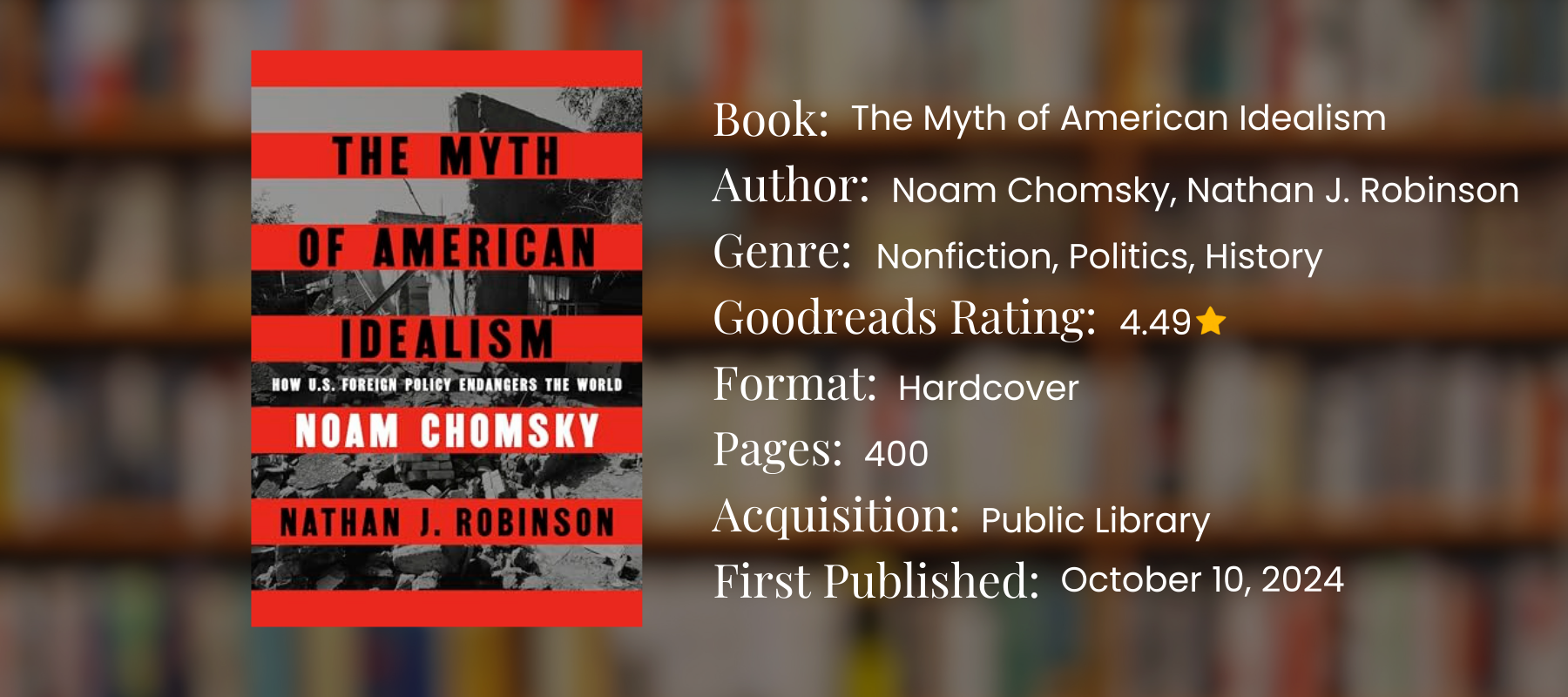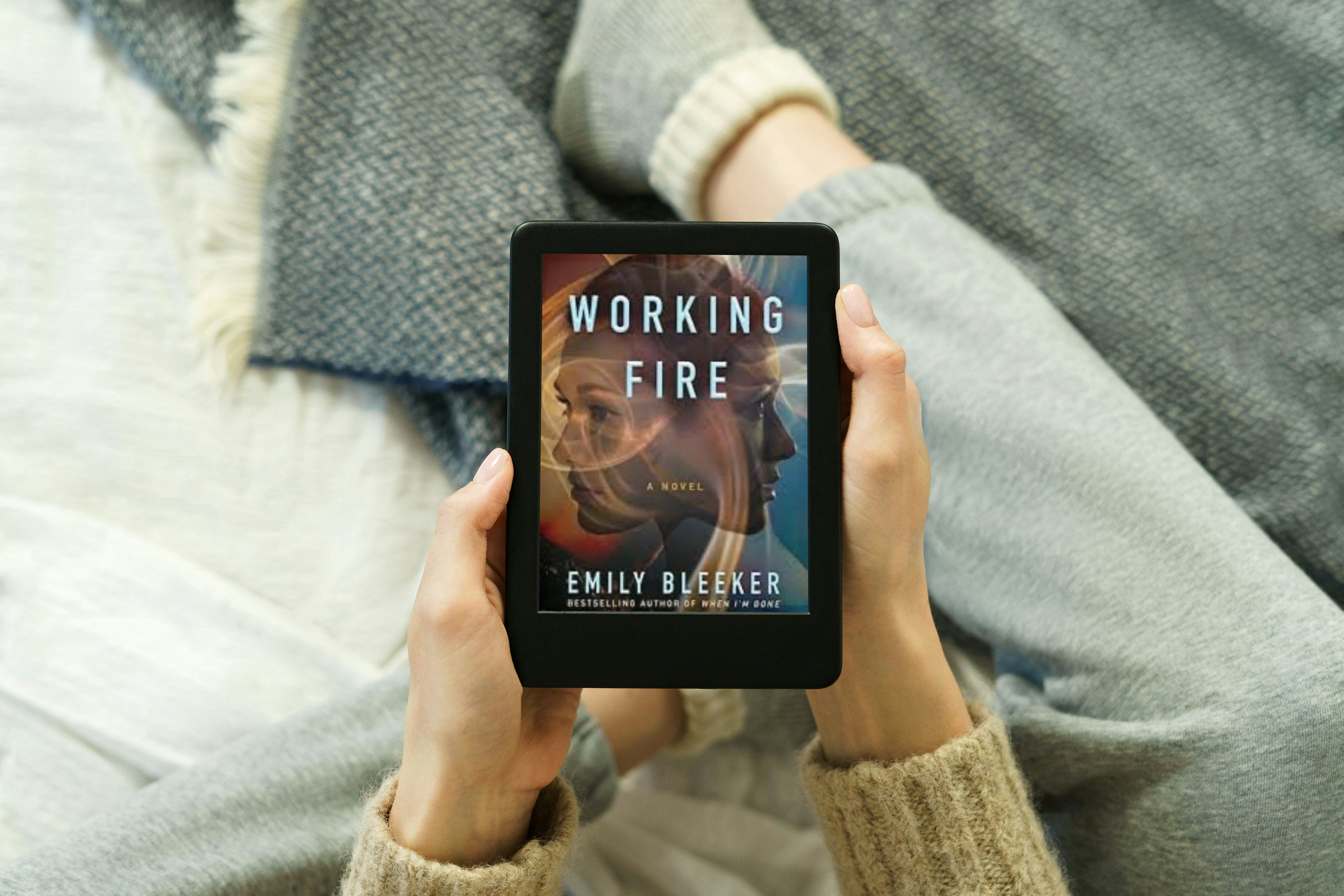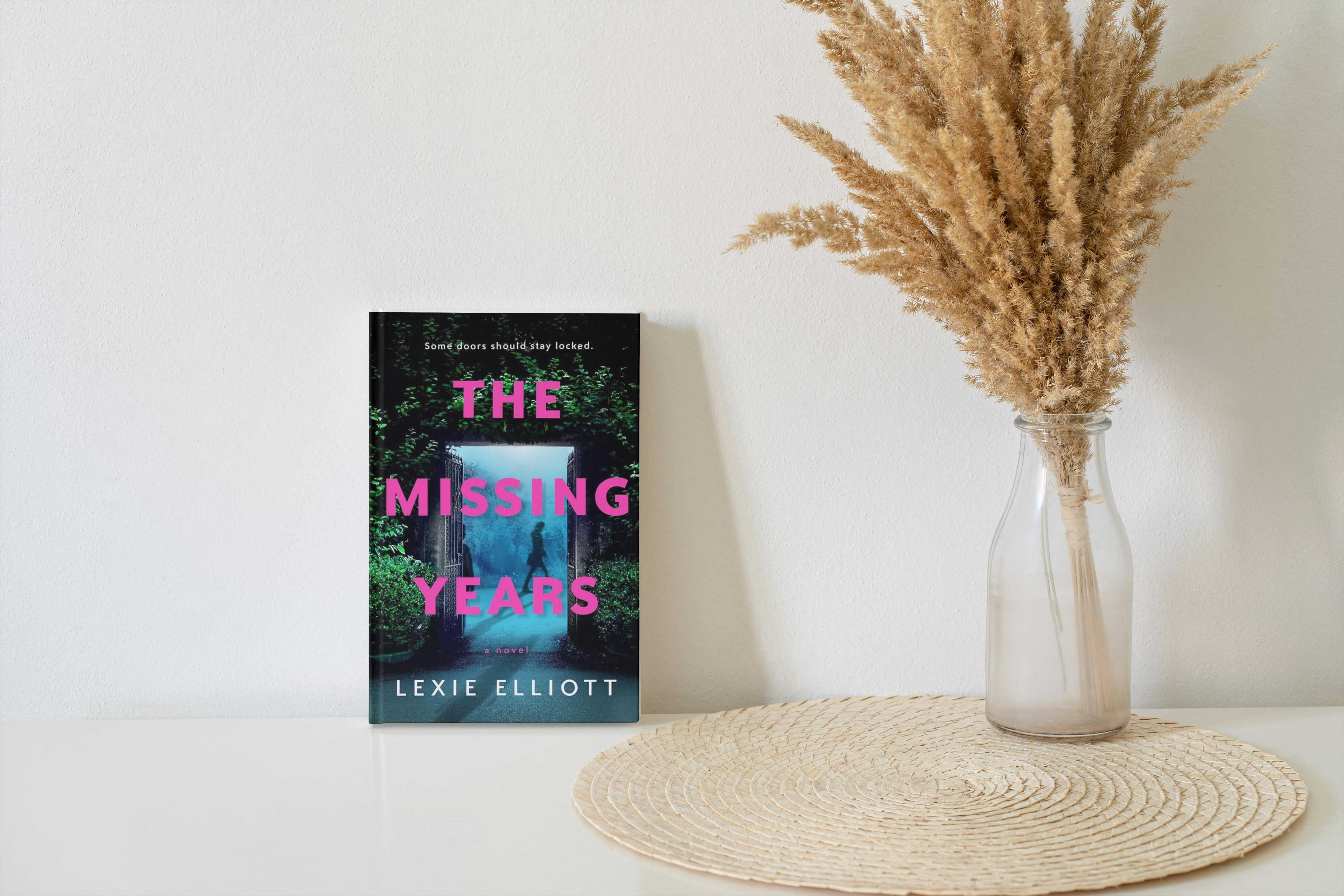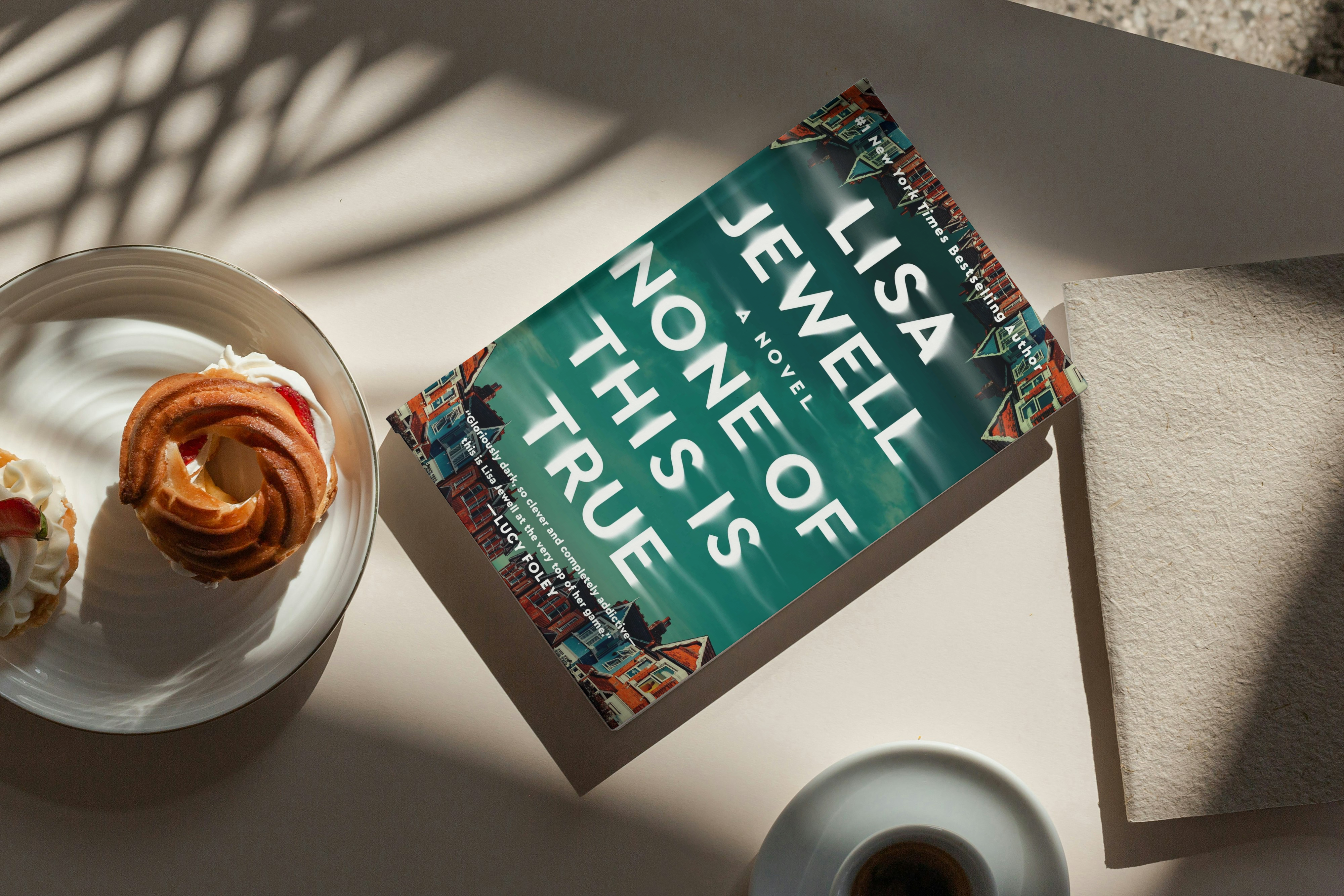The Myth of American Idealism by Noah Chomsky
Book Overview:
The Myth of American Idealism by Noah Chomsky and Nathan J. Robinson is a book that challenges the idea that the U.S. government’s foreign policy has little to do with spreading democracy and freedom to other nations and more about its quest to strategically assert global dominance.
Chomsky and Robinson critique the U.S.’s involvement in various wars and conflicts. How the logic and reasoning for starting these wars and getting involved in these conflicts had little to do with democracy and freedom but with subduing nationalism ensuring that American ideals, standards, and interests were preserved. And when these were threatened America would fight to assert dominance and have their way.
Lastly, they share how this continued aggression is building up to a potential conflict with China and Russia and how making changes in our approach to foreign policy is essential to diffusing these situations and promoting peace and stability.
Book Review:
I haven’t read many political books and this being my first I felt the authors clearly stated their intention and provided a solid structure and flow for their critiques which were easy to follow, comprehend, and grasp. They also did very well at backing up their arguments and providing examples of failures by the U.S. Government to properly be judicious and logical regarding how they handled their foreign policy.
They also mentioned how the U.S. responds to the current environmental challenges resulting from climate change. How we are one of the leading countries contributing to the climate change issue due to our use of fossil fuels and our reluctance to seek renewable energy sources to help decrease the impact of global warming.
They conclude the book with suggestions for how the U.S. can implement changes to its foreign policy to learn from its past mistakes. This includes steps to take to avoid future conflict with China as currently, relations are tense between these two countries. Furthermore, it discussed why it’s so important to seek a diplomatic approach to addressing tensions with other countries and submitting to international law by respecting and following these rules and regulations.
To stop supporting rulers and government systems with human rights violations and instead use their power and influence to hold these countries accountable and make life better for their citizens and inhabitants. Finally, it outlined a plan of action that the U.S. could take to decrease its contribution to global warming and how it can work with other countries to make moves to preserve our planet.
My Thoughts:
This book was dense, especially for someone who is just dipping their toe into more politically charged books. So, it may not be appropriate for a total newbie to the subject but still impactful. I learned how overwhelmingly barbaric and inhumane war can be on a country, especially its civilians. Many of our tactics in these situations remove these citizens’ rights essentially punishing them for their existence, dehumanizing them, laying waste to their economy, and treating them as collateral damage.
Also startling was the number of coups, and assassinations backed by the U.S. The ease with which they could alter and impact the governments of other countries is troublesome as it’s something that would be deemed an act of war by our country’s standards. Another illuminating fact is how regardless of political affiliations Democrat or Republican both parties supported the quest for global dominance and supported the general interests of U.S. foreign policy regardless of how questionable it may be.
Something else touched on in this book is the general public and how we as U.S. citizens are fed propaganda to gain our support and keep us ignorant of what is really happening in these critical situations and devastating wars. To the powerful, elite, and wealthy the working class is seen as not truly being capable of having a say in such matters because we’re not in powerful positions that hold sway or support the proliferation of industry, commerce, and innovation. We’re just the worker bees and should be glad that someone smarter, richer, and better is capable of making such decisions leaving us to lead our simpleton lives.
Finishing this book gave me much food for thought. And while there’s a lot I’m still processing after finishing it I’m glad that I read it. And while this is just one viewpoint and one critique of the U.S. government and their approach to foreign policy I look forward to reading more books centering this topic in the future to continue growing and expanding my knowledge.







